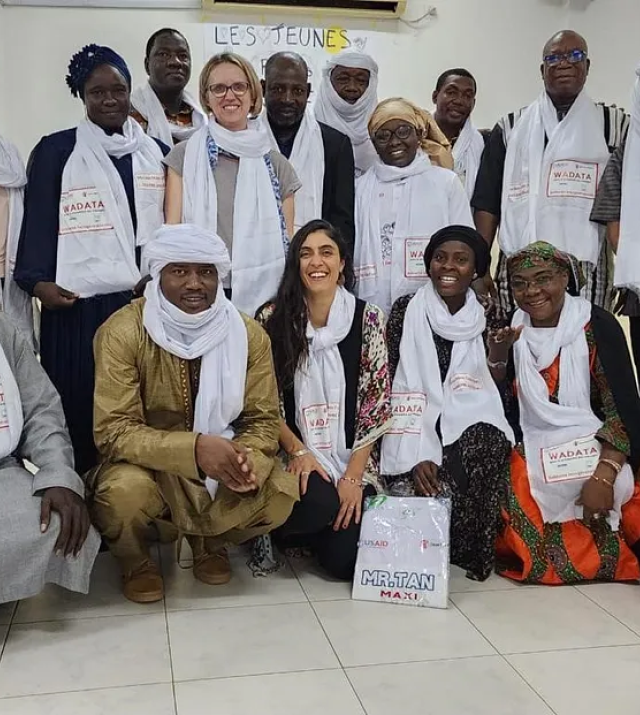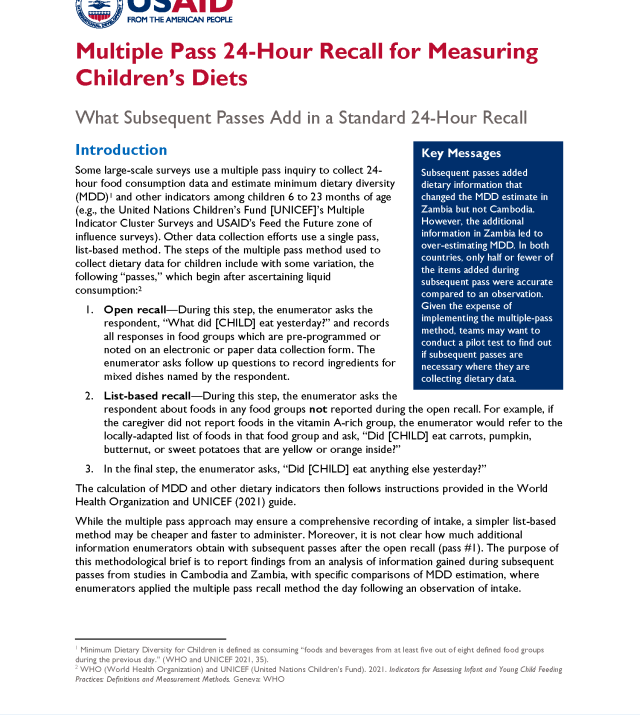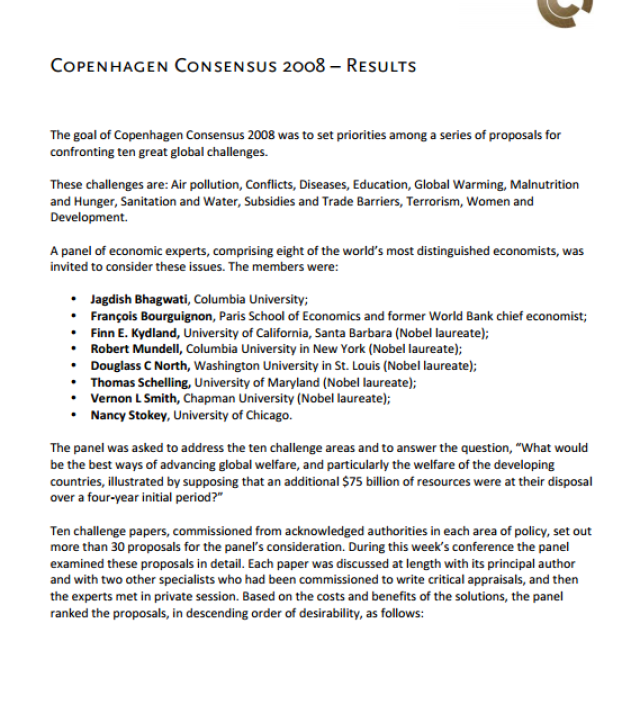
Towards Flourishing Futures: The Role of Public and Private Sector Engagement for Sustainable Youth Solutions in Mali

Amidst the challenges of persistent armed conflict and economic hardships in northern and central Mali, the Albarka program engages the public and private sectors to achieve more sustainable impacts on youth livelihoods. This five-year Resilience Food Security Activity (RFSA), funded by USAID’s Bureau for Humanitarian Assistance (BHA), focuses on creating solutions for youth that work within the realities of the region.
In the sparsely populated regions of Gao, Timbuktu, and Mopti, as many as 70% of people live below the national poverty line (compared to a national average of 26%), with extremely high rates of people experiencing food insecurity. Within these regions, young people, particularly girls, are severely affected by forced marriage, limited access to education opportunities, frequent school closures, unemployment, and underemployment. While tourism was previously a promising sector in Mali, representing hundreds of thousands of jobs in 2010 and growing, it diminished abruptly in 2012 with the increase in armed conflict and never recovered. By engaging public and private sector stakeholders, the Albarka activity works to identify and create sustainable economic opportunities for youth.

